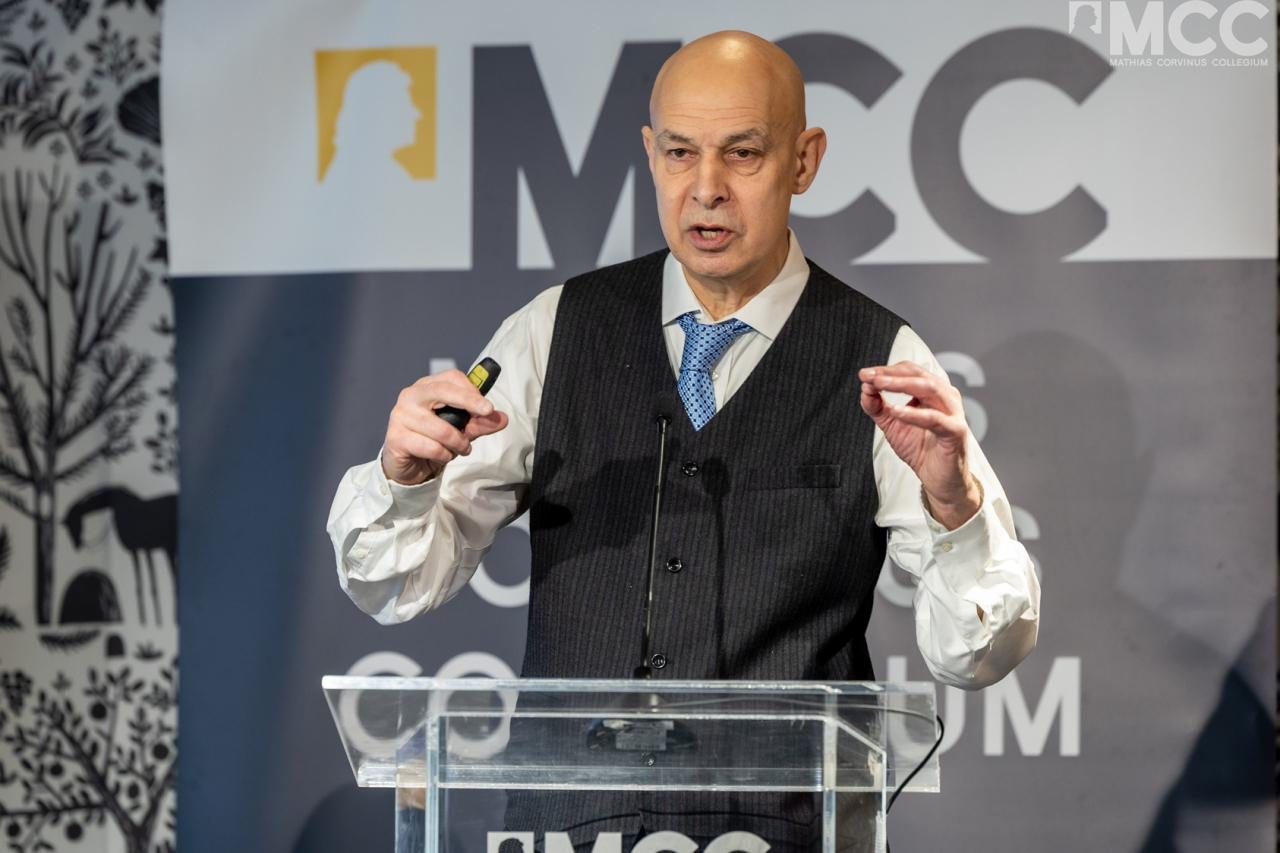Reading time: 1 minute
At the most recent Brunch Talks, Nick Zangwill, a visiting fellow at Mathias Corvinus Collegium, delivered a thought-provoking lecture that explored the concept of the nation. His analysis challenged traditional notions by emphasizing that a nation is not defined by ethnic identity but rather by factors such as territory, governance, and legal frameworks. This perspective offered a nuanced understanding of what constitutes a nation in contemporary discourse, highlighting the importance of institutional and structural elements over purely ethnic considerations.
He emphasized the "passport definition" of a nation, which prioritizes administrative identity over ethnic unity. The lecture centered on a critical question: whether moderate nationalism aligns with liberal ideals that uphold the equal moral status of all individuals. Zangwill distinguished between negative rights—freedom from interference, guaranteed universally—and positive rights, which entail duties of care towards compatriots and family members.
According to Zangwill, moderate nationalism preserves the positive rights of citizens while respecting the negative rights of outsiders, avoiding exploitation or harm. It advocates a personal sense of connection to the nation without claims of superiority. He argued that moderate nationalism strikes a balance between shared values and differences within the nation, fostering a sense of community without fostering hostility toward others. This vision promotes a nationalism that is inclusive and grounded in mutual respect, rather than division.




